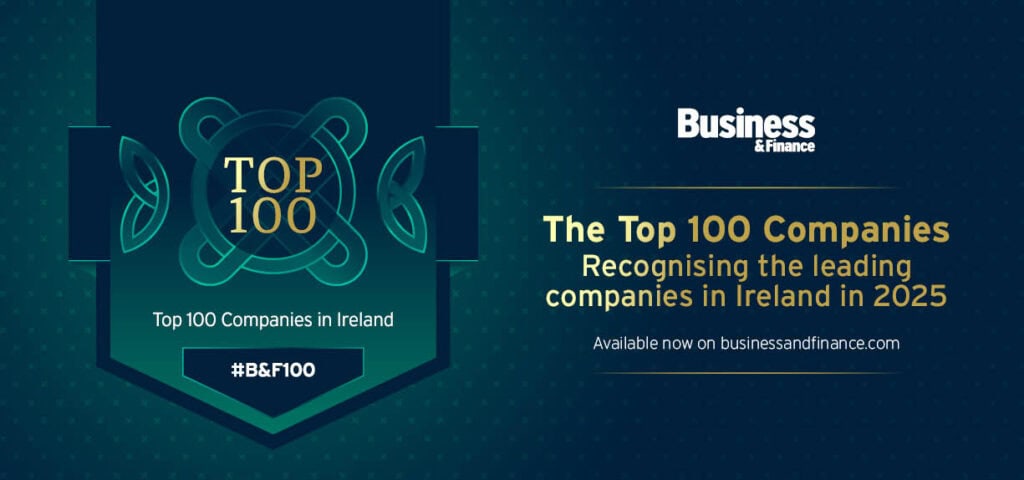Anatole Kaletsky discusses Britain’s and Theresa May’s potential financial offering to unblock Brexit talks.
Like many divorce proceedings, Britain’s negotiations with the European Union have reached an impasse that can be broken only by compromise. The solution is for both sides to admit that a permanent new relationship cannot be agreed in the short time remaining until the Brexit deadline in March 2019.

Anatole Kaletsky
So, instead of letting the United Kingdom crash out of the EU then, the talks should now shift to the temporary “transition” that Prime Minister Theresa May officially requested last month – and which a strong consensus among Britain’s business leaders and public now demands. Above all, the negotiators should focus immediately on the British budget contributions that will be required to make an orderly transition possible.
An agreement on a mutually beneficial transition would require some compromises from both sides. But neither Britain nor the EU would have to abandon any fundamental principles.
For Europe, shifting the focus of negotiations to a temporary agreement, probably modeled on the EU’s relationship with Norway, would involve only a small loss of face: EU leaders would have to concede that the sequencing they originally proposed for the Brexit talks had to be rejigged. Instead of agreeing on a financial settlement first, and then moving on to trade relations, finance and trade would have to be acknowledged as interdependent – and thus be discussed simultaneously.
For Britain, a change of focus from permanent arrangements to the conditions for an orderly transition could transform the budgetary issues now preventing progress into a key that could unlock the talks. In a speech delivered in Florence last month, May offered to make EU budget contributions of roughly €10 billion ($11.8 billion) annually for a transition period of at least two years after the Brexit deadline, as well as to maintain free movement of labor and enforce all EU rules.
May hoped that her promise would win over European leaders – especially the biggest contributor, Germany, and the big net recipients, such as Poland and Portugal. But her offer failed to impress, probably because EU leaders are less worried about the financial hole created by Brexit in 2019 and 2020 than they are about the next budget cycle, from 2021 to 2026.
To suggest that Britain should pay budget contributions well into the next decade may seem completely unrealistic, given the vehement opposition to all EU payments from Euroskeptics in May’s Conservative Party. But, on closer inspection, making a long-term budget offer could have two big advantages for May.
First, transitional budget contributions could be presented as commercial payments to support European programs from which Britain benefits, instead of the punitive-sounding “divorce settlement” of €50-60 billion currently demanded by the EU. If Britain’s transitional payments continued near the current level of €10 billion for the five or six years realistically required to negotiate a permanent trading relationship, they would add up to the same amount.
Second, a British budget offer would be a powerful tool to create the “deep and special partnership” with Europe that May claims is her ultimate goal. Until last month, May avoided defining this phrase, for fear of antagonizing her party’s hardline Europhobes. But in her Florence speech, May promised British businesses something close to the current level of access to EU markets. She also recognized that any privileged access to EU markets would require budget contributions, as in the case of Norway and Switzerland. The implication was clear: something close to the current level of access to EU markets would demand something close to the current level of budget contributions. And if May’s “deep and special partnership” is to be a permanent feature of British-EU relations, the budgetary contributions will have to be permanent, too.
But what if May is not really serious about that “deep and special partnership”? What if her true objective is to satisfy Conservative hardliners by bringing about a “clean break” with the EU? Even then, Britain will need to continue paying budget contributions for many years, if it wants an orderly and non-disruptive Brexit.
Let’s assume that Britain’s ultimate aim is to create completely new global trading relationships, without any special EU trading privileges. These new trade deals will take many years to negotiate, and until their completion, British businesses are desperate to avoid two costly disruptions: one when EU membership ends in March 2019, and another at whatever future date the new global trade agreements are finalized and come into effect.
Avoiding such a double disruption is the whole point of May’s proposal for a “standstill” transition period from 2019 to 2021. But achieving that objective will require the standstill in Britain’s EU arrangements to continue until new global agreements are ready to implement. This implies that Britain’s budget contributions must also continue until new global agreements are finalized.
The probability that complex negotiations with dozens of countries can be completed within just two years of Brexit is vanishingly small. So, even if British politicians and voters really want a hard Brexit involving total rupture with Europe, UK businesses will need to preserve their special EU trading arrangements, along with the associated budget contributions, for at least several years beyond 2021.
The upshot is that, regardless of what type of Brexit the UK wants, any orderly withdrawal will require continued post-Brexit budget payments to the EU. The only question is whether these payments turn out to be permanent, as they would if May really wants a “deep and special partnership,” or continue only for the 5-7 years required to negotiate new trade agreements after a hard Brexit.
Either way, May should recognize that EU budget payments will be inevitable for many years after Brexit. More than that, she should turn this recognition into an impressive long-term financial offer to unblock the Brexit talks.
Anatole Kaletsky is Chief Economist and Co-Chairman of Gavekal Dragonomics and the author of Capitalism 4.0, The Birth of a New Economy.
Copyright: Project Syndicate, 2017.





